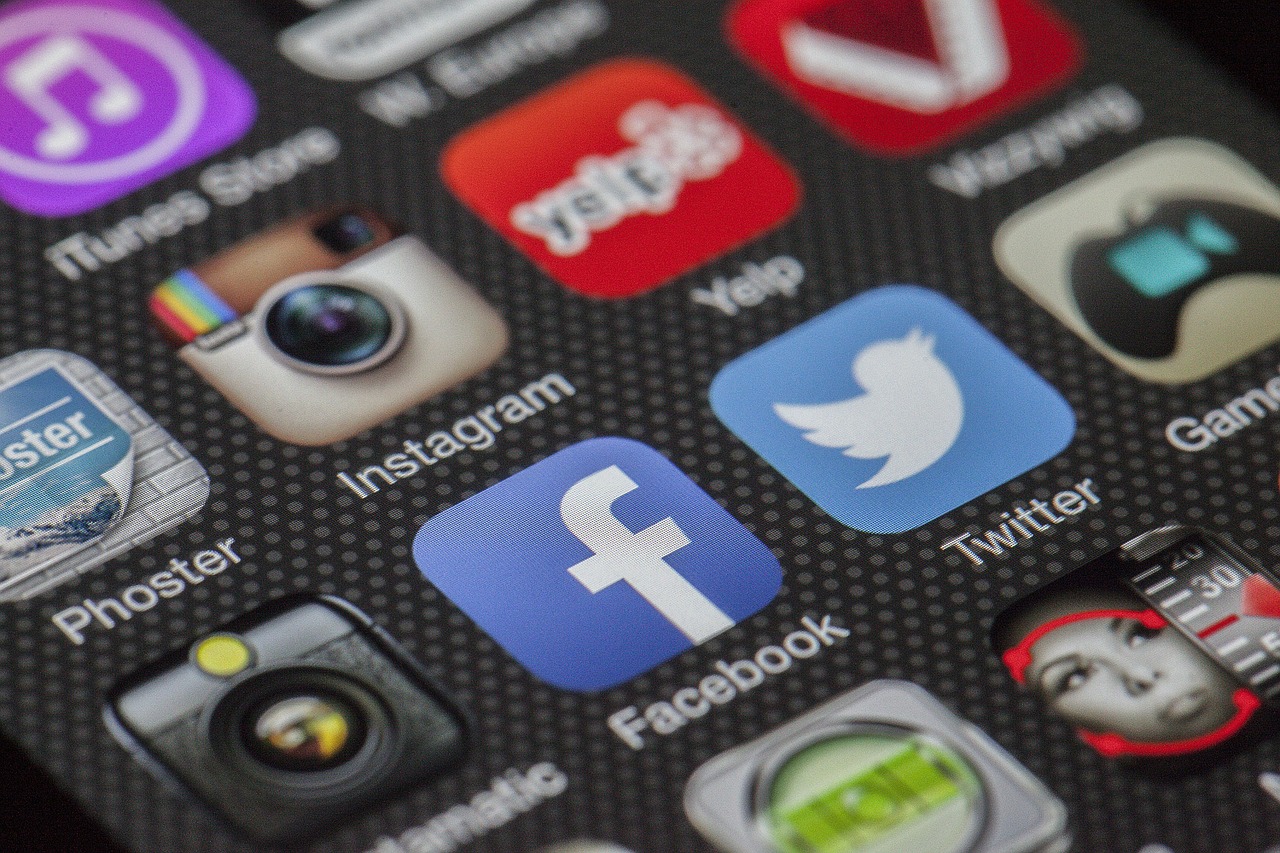How to Keep Your social Media Accounts Safe

In today’s society, everything is ruled by smartphones, computers and the internet. Social media is a big forum where everyone shares life experiences, both personal and professional, like it’s news.
People have become too familiar with social media and don’t realise you can become a victim of scams, viruses or identity fraud. Hackers are very good at what they do, their skill and ability allow them to run millions of password combinations within minutes, gaining access to your social media accounts.
Hackers can do harm with any sort of information, it’s not only credit card numbers. Simply registering with social media sites will mean you are divulging information like name, birth date, phone number, email address and other details like employment and where you live.
Here are five ways to keep your social media accounts safe:
Use Strong Passwords
Obviously, the most common form of security is your password. All websites and applications require passwords to log in. With so many accounts, it can be tempting to use the same password, or at least a variant for different accounts. You need to refrain from doing this, especially with your email password. If you have similar passwords, when one is hacked, all accounts are at risk.
Always use different and strong alphanumeric passwords that incorporate symbols. Most platforms have implemented multi stage authentication systems which you should always use.
You could be dreading the idea of remembering multiple complex passwords. If this is the case, download a quality password manager application. These applications house all your account logins with one master password. Never keep passwords in a word document or notes on your phone.
Review Your Privacy Settings
Privacy settings are more important than you first thought. It’s wise to keep looking at your privacy settings as social media platforms are always making changes to their terms and conditions. Take the time to go through and make changes where needed, ensure you are comfortable sharing information with the public.
It’s good practice to make everything as private as possible, meaning only available to friends or people you have approved. Once approved, people can use your image and steal your information at will, so it’s best not to approve anyone that you don’t know.
Consider Third-Party Application Requests
Third party application requests should be carefully managed. Websites will often ask for access to one of your social media accounts as a way to login. Before accepting or signing in this way, always consider the validity of the application. Is it new? Is it trustable? Is the request reasonable? Ask yourself these types of questions.
If you doubt any situation, deny the invitation and don’t put yourself at risk. It should always give you an option to login via email address alone, if it doesn’t give you this option, consider it a red flag.
Keep Your Antivirus/Security Software up to Date
Security software is a great line of defence and a worthy investment. Programs will work full-time monitoring your computer and accounts. You can minimise risk of viruses and security breaches by carefully monitoring suspect emails and links that are sent to you. You should also rethink the use of public WiFi services. Public WiFi will increase risk and the chance of your security being breached, if you do use it, try using a secure VPN.
Do Not Click on Unknown Content
Nobody likes being spammed. There are plenty of kinds of spam all over the internet that promise a lot of different things. It’s best not to believe any of it. Don’t click or open a message you do not recognise. The sender may have been hacked themselves and not know they are sending the spam. Delete any spam immediately and always block the sender, better yet, report them to administrators.
Super post